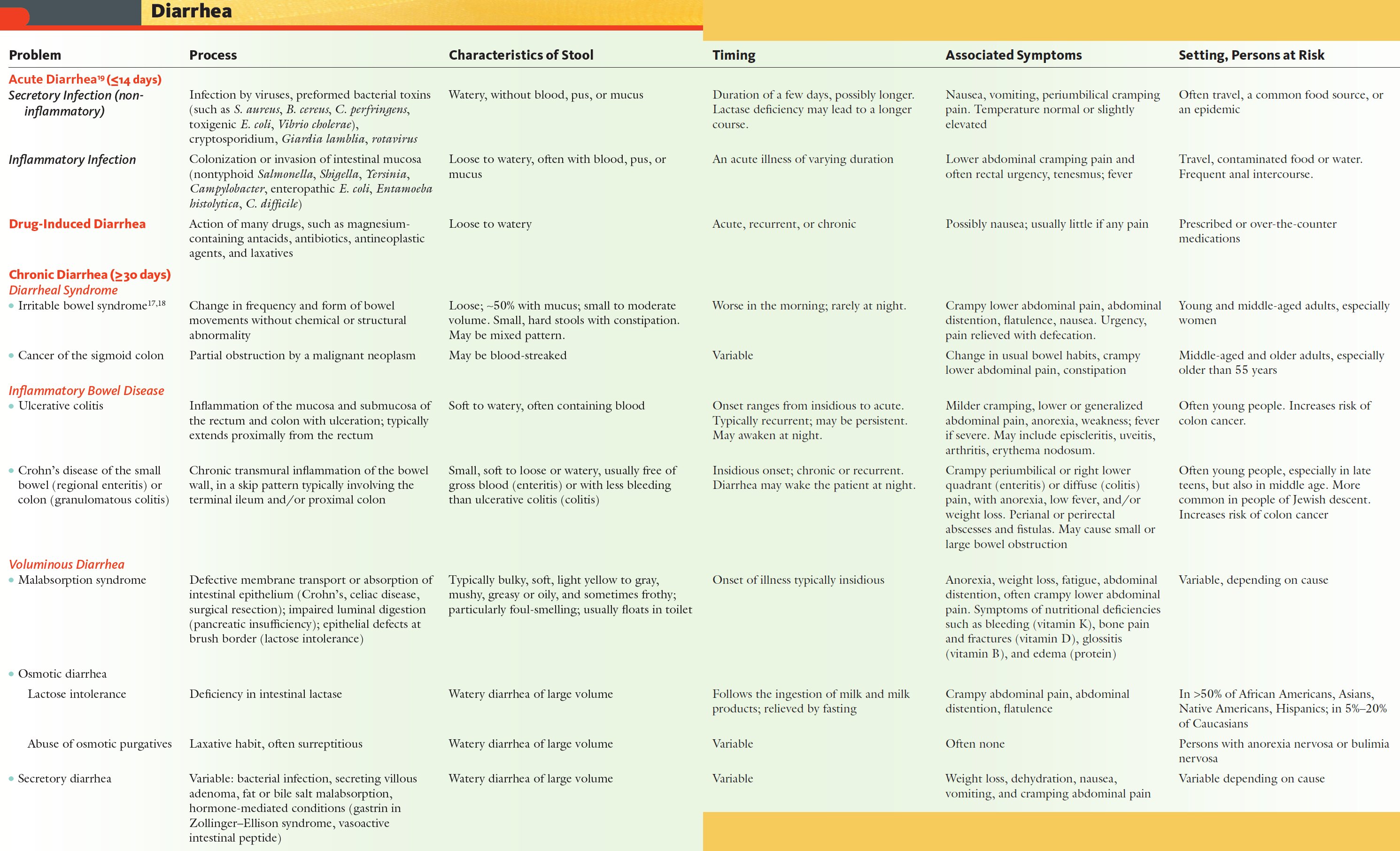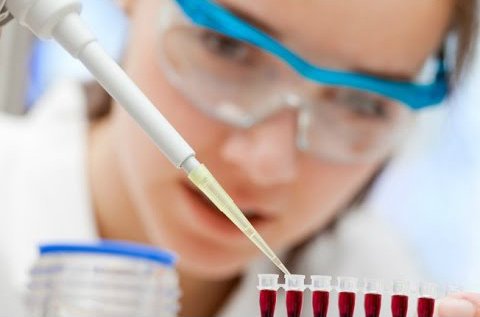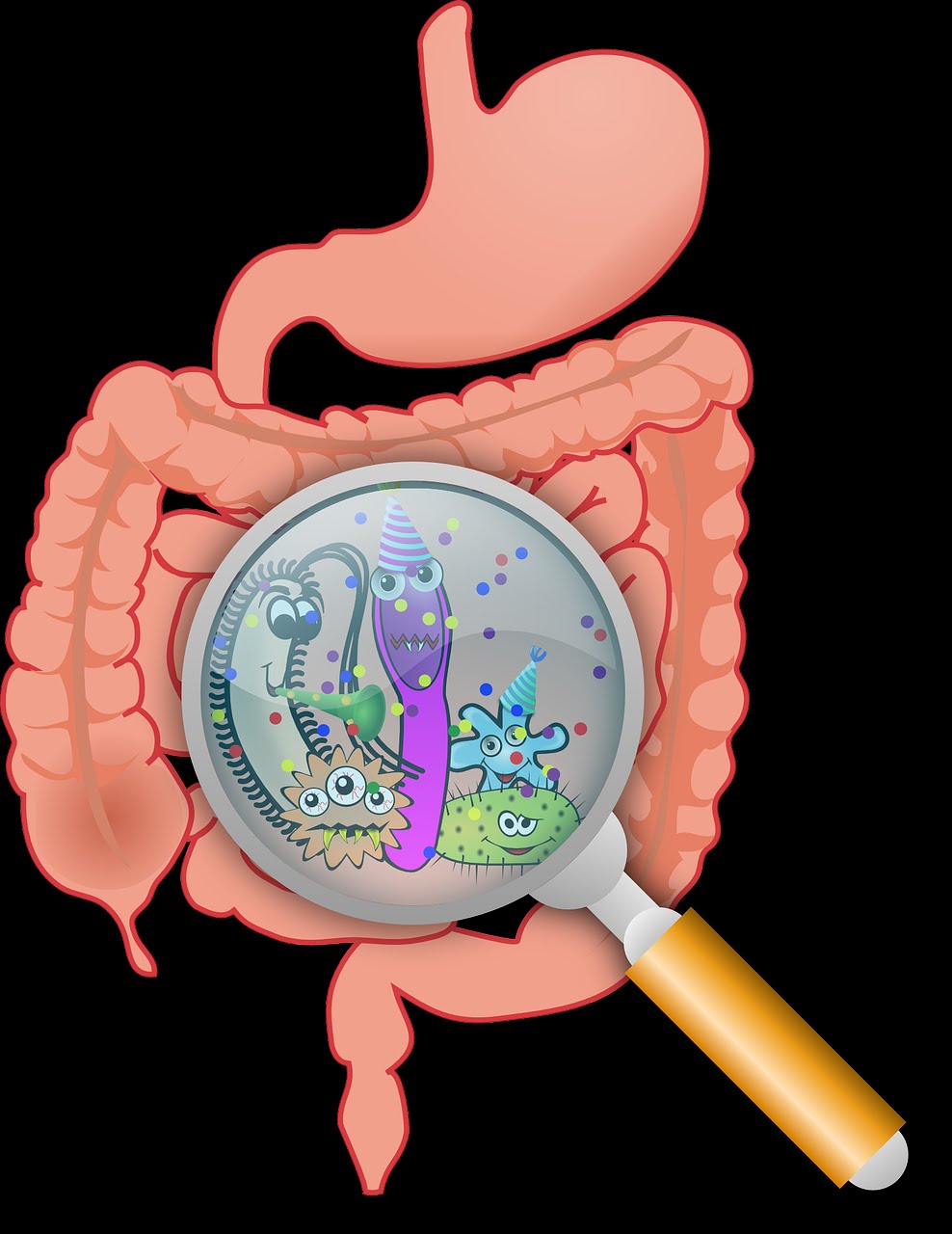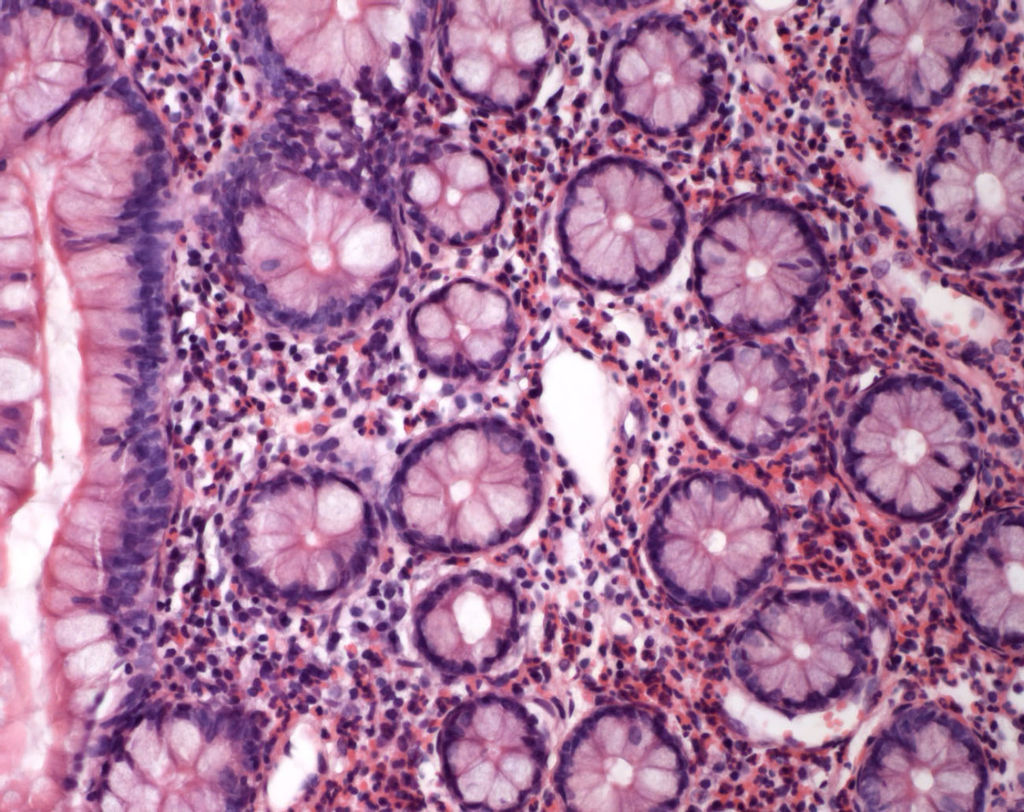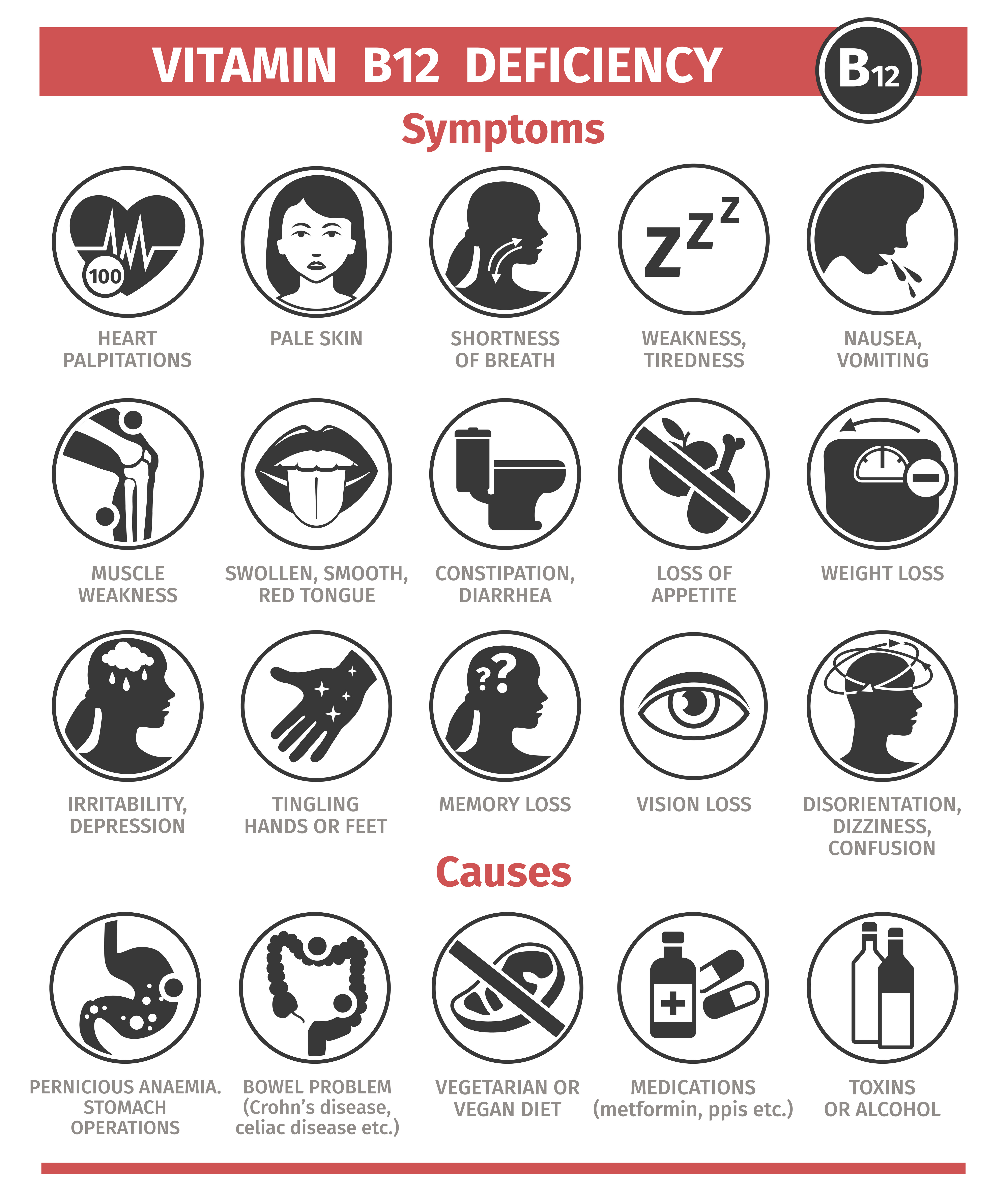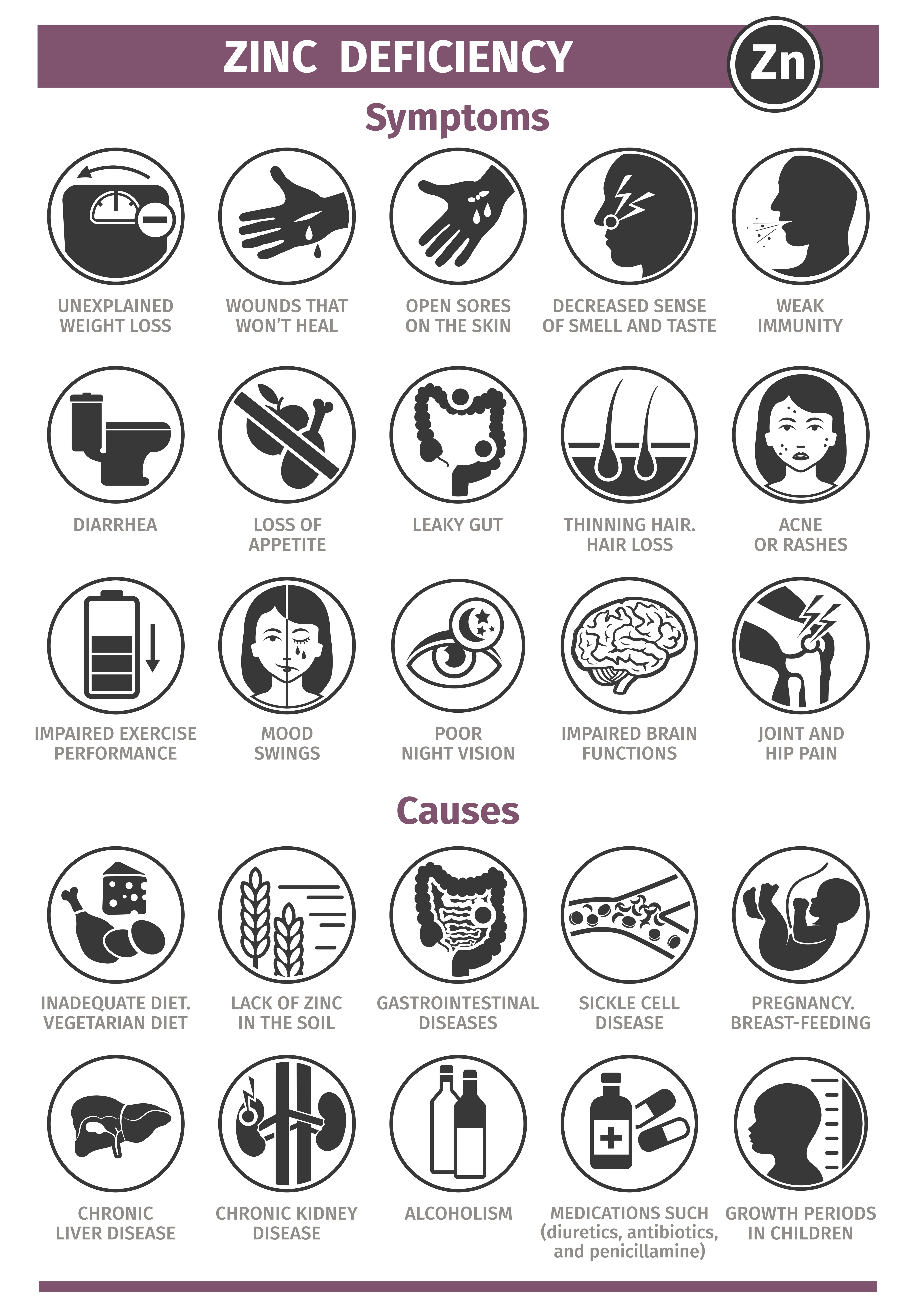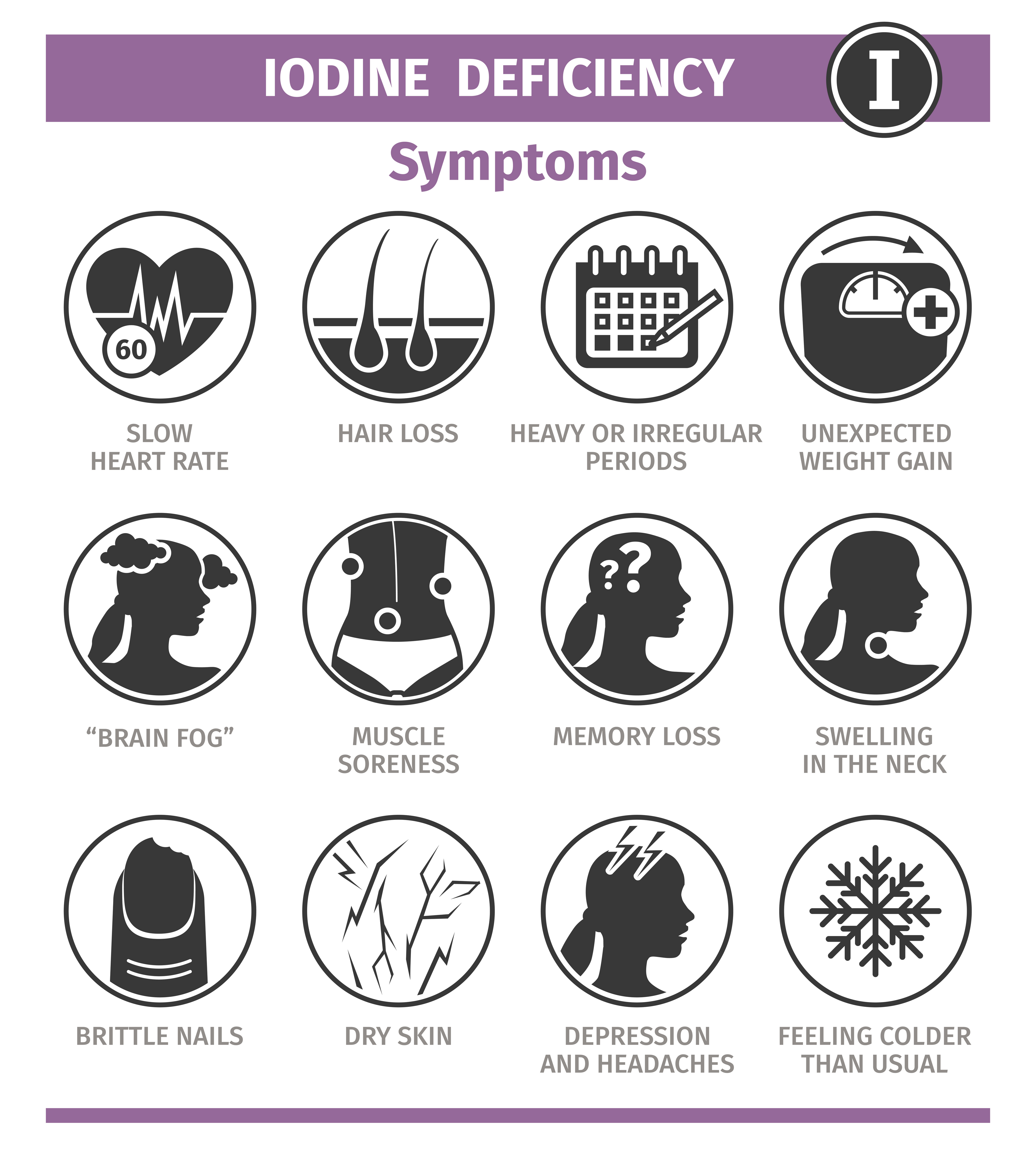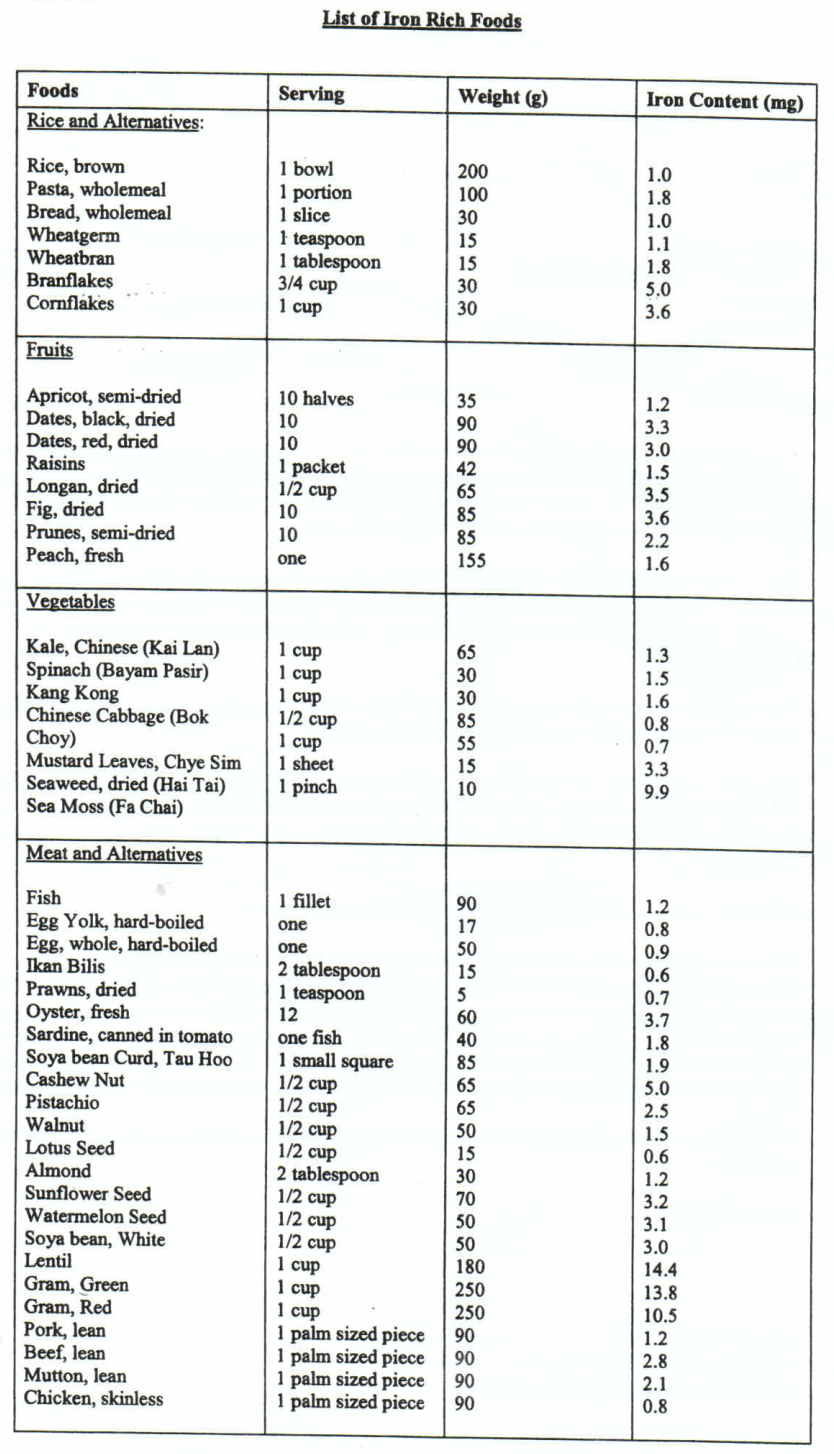What is Irritable Bowel Syndrome?
過敏性腸症候群とは何ですか?
An irritable bowel, also known as irritable colon or irritable digestive system, is one that does not work smoothly and causes abdominal problems such as colicky pain and disturbed bowel actions. The bowel is a muscular tube that propels the food along in waves (called peristalsis). This muscular action may become overactive and cause spasms or tight contractions rather like a cramp in the leg muscle.
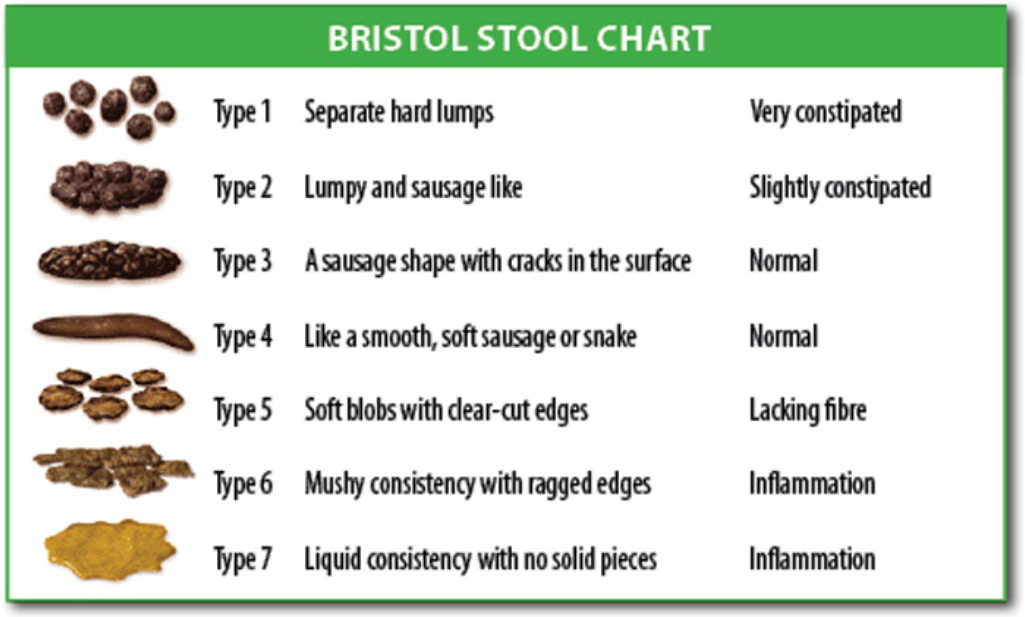
WHAT ARE THE CAUSES OF IRRITABLE BOWEL?
肠易激的原因是什么?
There is no clear-cut proven cause but the main factor is considered to be emotional stress, especially in those people who tend to bottle things up inside. Other possible causes are:
· Infection of the bowel
· Food irritation, like spicy food
· Food allergy, like milk
· Lack of bulk in the diet
· Overuse of laxatives
· Pain-killing drugs and antibiotics
WHAT ARE THE SYMPTOMS OF IRRITABLE BOWEL SYNDROME?
The main irritable bowel symptom is a cramp-like pain in the abdomen, in the center or lower left side. This pain is usually relieved by passing wind or by a bowel movement.
Diarrhoea or constipation may occur, and sometimes the motions will be like small, hard pellets.
You may also feel mildly nauseated, after your food, as well as bloated or flatulent.
HOW COMMON IS IRRITABLE BOWEL SYNDROME?
At least 1 person in every 100 has it, and many simply learn to live with it.
WHAT ARE THE RISKS OF IBS?
The irritable bowel is harmless, but it is common for those with it to worry that they have cancer. It is usual to carry out investigations to ensure that there is no disease in the bowel.
WHAT IS THE TREATMENT FOR IRRITABLE BOWEL SYNDROME?
SELF-HELP
Anyone with an irritable bowel should try to work out the things that make the symptoms worse. If you recognise stresses and strains in your life, try to develop a more relaxed lifestyle. You may have to be less of a perfectionist in your approach to life.
Try to avoid any foods that you can identify as causing the problem. You may have to cut out smoking and alcohol. A high-fibre diet may be the answer to your problem. This can be helped by adding 2 teaspoonfuls of unprocessed bran to your diet each day if increased fibre and fluids have not quite settled the problem
MEDICAL HELP
If self-help measures are not controlling the problem, your doctor will be able to give you medicine to settle the painful spasm of an irritable bowel. You should avoid taking any medicines not recommended by your doctor.
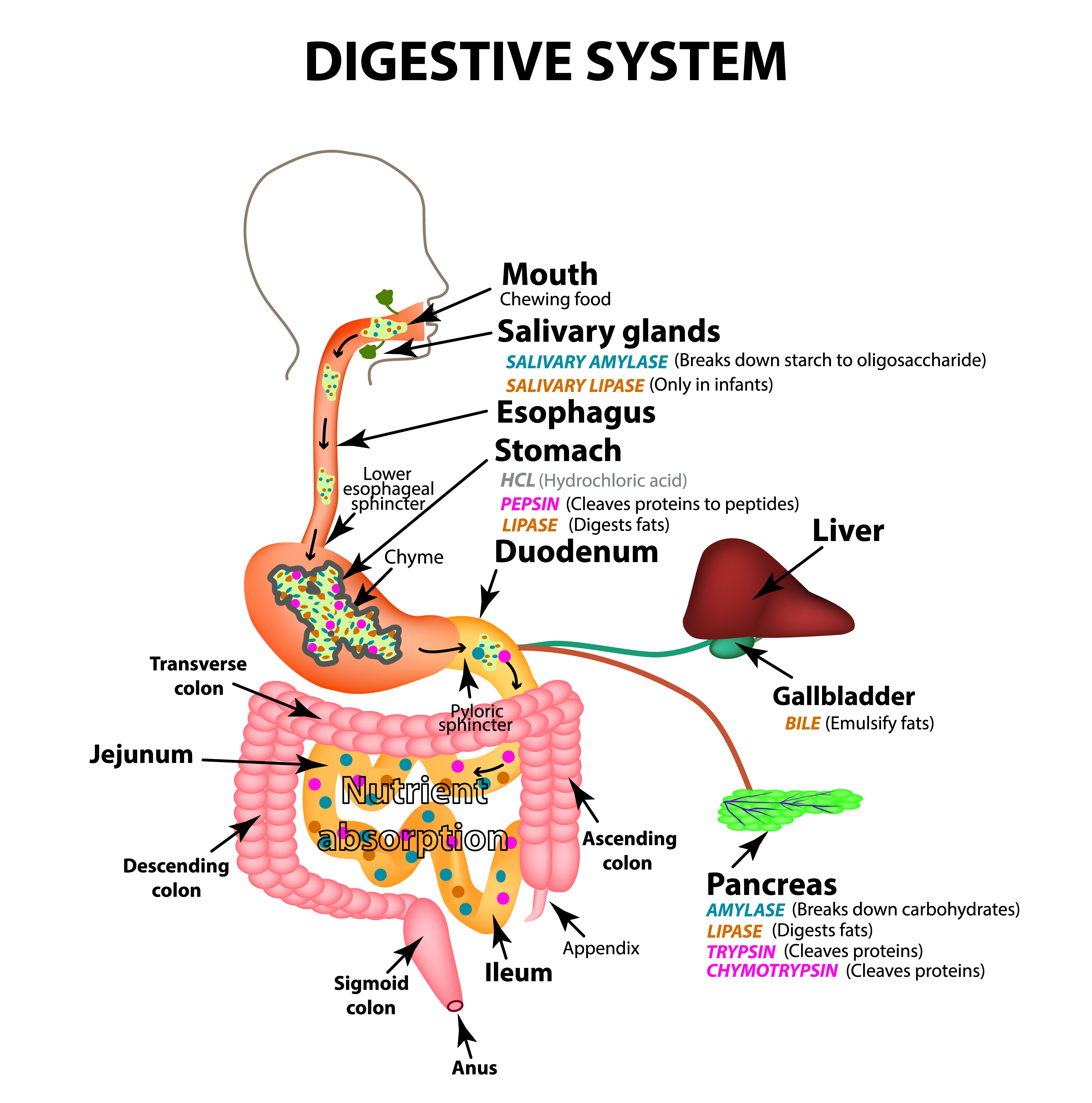
Different Types of Diarrhoea & their Symptoms
不同类型的腹泻及其症状
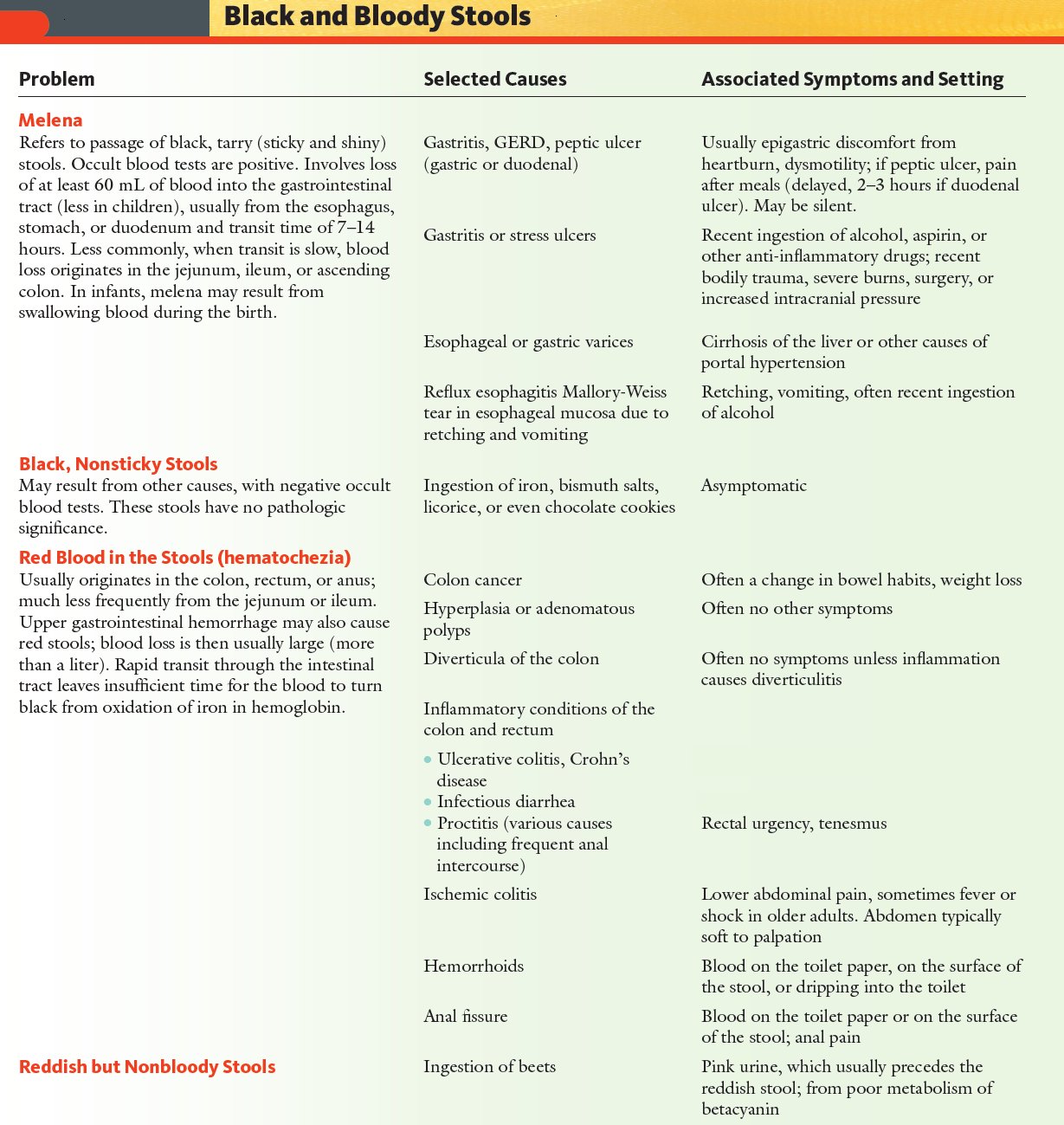
Please seek Medical attention as soon as possible if you are unsure of you or your family's health condition.
Health Assessment & Screening Packages
Diarrhea Treatment, Learn what is Gastroenteritis, Management of Irritable Bowel Syndrome & Heartburn or GERD
|
How your Diet can Help you Achieve Optimal Health

Can a Wheat-free Diet help you to lose weight and reduce Obesity, Heart disease, Auto-immune diseases & Cancer, even Alzheimer's disease & Schizophrenia or reverse Diabetes & pre-Diabetes? Recent research has also shown promising results that a Gluten-free diet showed a reduction in the symptoms of Rheumatoid Arthritis and Osteoarthritis, Irritable Bowel Syndrome, Heartburn/GERD, ADHD, Asthma & allergies, even acne.
Watch the following videos by several doctors (Dr William Davies, Dr Sarah Hallberg, Dr Alessio Fasano, Dr David Perlmutter & Dr Rodney Ford) and decide for yourself whether you should adopt a Gluten-free diet if you are suffering from the above-listed medical conditions. Even unexplained diarrhea, headaches/migraines or chronic fatigue has been alleviated by going Gluten-free.
The case these doctors put forward based on research and empirical evidence from thousands of patients is that Wheat and Gluten contributes to this shocking host of diseases and chronic medical problems, and increasing the incidence of celiac disease and Autism.
What does Wheat & Gluten do to your body?
Foods containing wheat have an extremely high glycemic index (70+ out of a possible 100), that is the body suffers a sudden spike in blood glucose after a meal of food containing wheat. Add to that the fact that the wheat we are eating is completely dissimilar genetically to the wheat of the 1950's, after all the genetic modifications and mutations the plant has undergone.
The doctors also point out that Gluten causes prolonged periods of inflammation in the body, leading to many of the diseases most prevalent today. Ironically, foods containing wheat are actually appetite-enhancing and can cause sugar cravings.
William Davis MD - Wheat: The UNhealthy Whole Grain
The wheat of today is not the wheat of our mothers or grandmothers.
Modern wheat is the product of genetic manipulations that have
transformed its properties. Modern wheat is now a 2-foot tall,
high-yield semi-dwarf strain, different in both appearance and multiple
biochemical features from traditional wheat. Introduction of this new
strain of wheat was associated with the appearance of a long list of
health problems, along with weight gain and diabetes.
According
to Dr. Davis, saying goodbye to all things wheat provides outsized and
unexpected health benefits, from weight loss, to relief from acid reflux
and bowel urgency, to reversal of diabetes, migraine headaches, and
learning disabilities in children.
Dr. William Davis is author of
the #1 New York Times bestselling book, Wheat Belly: Lose the wheat,
lose the weight and find your path back to health (Rodale, 2011), now
debuting internationally in over ten foreign languages. Wheat belly has
helped spark a nationwide reconsideration of the conventional advice to
"eat more healthy whole grains."
Formerly an interventional
cardiologist, he now confines his practice to prevention and reversal of
coronary disease in his practice in Milwaukee, Wisconsin. Dr. Davis is a
graduate of the St. Louis University School of Medicine, followed by
training in internal medicine and cardiology at the Ohio State
University Hospitals, and training in interventional cardiology at the
Case--Western Reserve Hospitals in Cleveland, Ohio. He is also founder
of the online heart disease prevention educational program, Track your
Plaque.
Reversing Type 2 diabetes starts with ignoring the guidelines - Dr Sarah Hallberg | TEDxPurdueU
Can a person be "cured" of Type 2 Diabetes? Dr. Sarah Hallberg provides
compelling evidence that it can, and the solution is simpler than you
might think.
Dr. Sarah Hallberg is the Medical Director of the
Medically Supervised Weight Loss Program at IU Health Arnett, a program
she created. She is board certified in both obesity medicine and
internal medicine and has a Master’s Degree in Exercise Physiology. She
has recently created what is only the second non-surgical weight loss
rotation in the country for medical students. Her program has
consistently exceeded national benchmarks for weight loss, and has been
highly successful in reversing diabetes and other metabolic diseases.
Dr. Hallberg is also the co-author of www.fitteru.us, a blog about
health and wellness.
Alessio Fasano MD - Spectrum of Gluten-Related Disorders: People Shall Not Live by Bread Alone
The cultivation of gluten-containing grains that were the backbone of
the agricultural revolution have also brought with them the
manifestation of conditions related to negative reactions to gluten.
These include celiac disease, wheat allergy and the "new kid on the
block" of the spectrum of gluten-related disorders—gluten sensitivity.
The autoimmune disorder of celiac disease is the most widely studied
condition on the spectrum. It affects approximately 1 in 133 people, a
rate that has doubled in the U.S. every 15 years over the past 35 years.
An estimate from the Center for Celiac Research puts gluten sensitivity
at 6% of the U.S. population. With current interest in the human genome
and microbiome, research is leading scientists to examine the
relationship between the intestinal microbiome and gluten-related
disorders. Currently the gluten-free diet is the only available
treatment for gluten-related disorders.
World-renowned pediatric
gastroenterologist, research scientist, and entreprenuer Alessio Fasano,
M.D., founded the Center for Celiac Research in 1996. The Center offers
state-of-the art research, clinical expertise and teaching for the
diagnosis, treatment, and prevention of gluten-related disorders,
including celiac disease, wheat allergy, and gluten sensitivity. Trained
in Naples, Italy, as a pediatric gastroenterologist, Dr. Fasano was
recruited to the University of Maryland School of Medicine in 1993 and
founded its Division of Pediatric Gastroenterology and Nutrition.
Puzzled by the absence of children exhibiting symptoms of celiac disease
in the clinic, he resolved to uncover the mystery of missing American
"celiacs." His perseverance in the face of skepticism about celiac
disease in the U.S. eventually led to his publication of the
groundbreaking study in 2003 that established the rate of the autoimmune
disorder at one in 133 Americans.
In early 2013, Dr. Fasano was
appointed Division Chief of Pediatric Gastroenterology and Nutrition at
MassGeneral Hospital for Children. He brought the Center for Celiac
Research to Boston, where he heads the Mucosal Immunology and Biology
Research Center, based in Charlestown, and is Associate Chief for Basic,
Clinical and Translational Research for the Department of Pediatrics at
MassGeneral Hospital for Children. He is a Visiting Professor of
Pediatrics at Harvard Medical School.
Supplements for Intestinal Permeability (Leaky Gut) :
Prebiotics & Probiotics
- Arabinogalactan (Immune support)
- Saccharomyces boulardii
- Lactobacillus Sporogenes
- Lactobacillus acidophilus DDS - 1
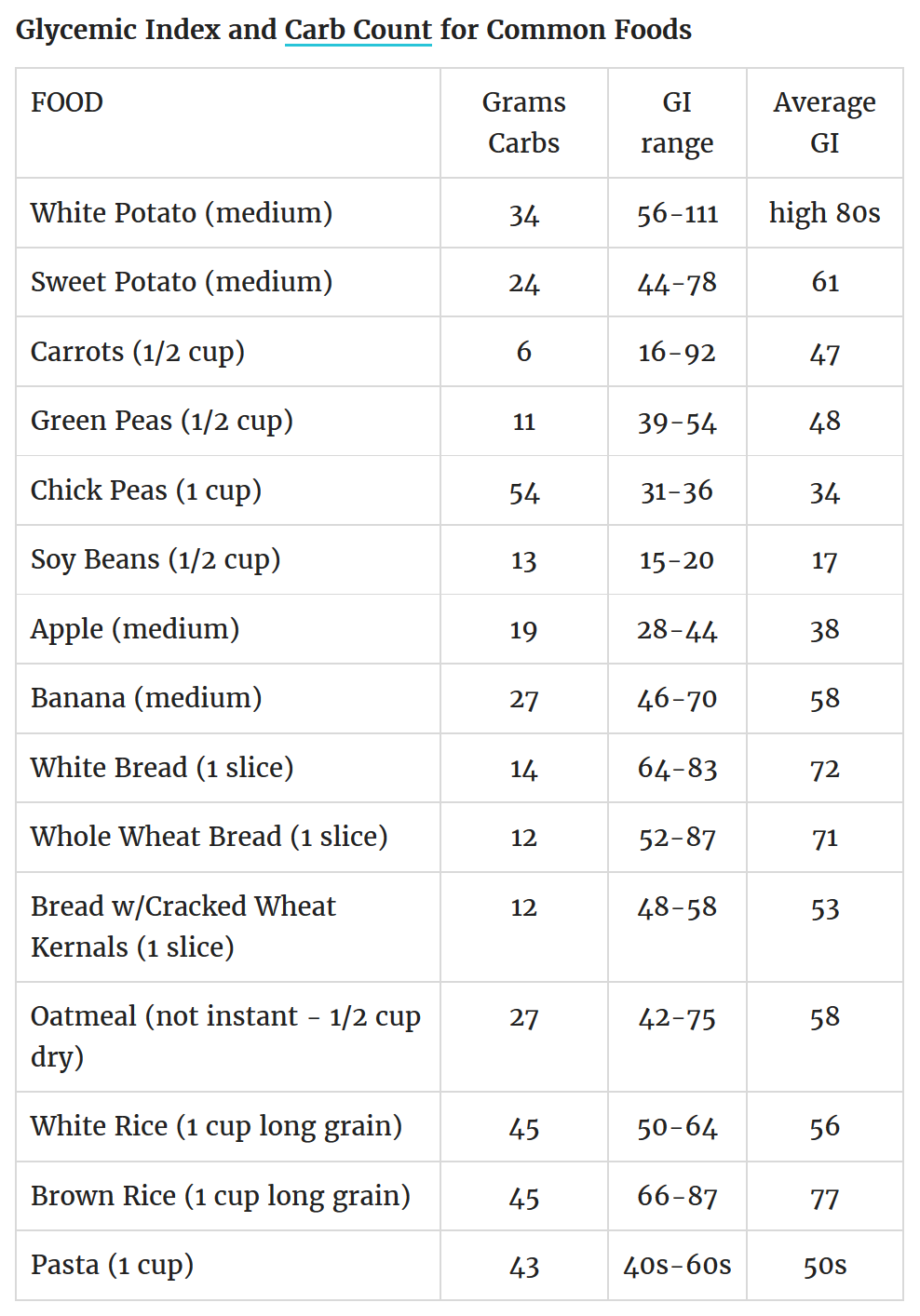
Dr. Mercola Interviews Dr. David Perlmutter, Author of Grain Brain
Natural health expert and Mercola.com founder Dr. Joseph Mercola interviews Dr. David Perlmutter about the implications of diet to Alzheimer's risk.

Here is a list of the Best Antioxidants and Free Radical Scavengers that you should be taking as dietary supplements daily as recommended by Dr David Perlmutter, author of 'Grain Brain':
- Tumeric
- DHA Omega 3
- B complex vitamins (including Vitamin B12)
- Vitamin C & D
- Bacopa
- Brocolli
- Alpha-Lipoic acid 300 (ALA)
- Ashwagandha
- Resveratrol
- Milk Thistle
- Green Tea
- Probiotics
- Coenzyme Q10 (coq10)
These nutritional supplements reduce oxidative stress on your brain and body, thus protecting your health.
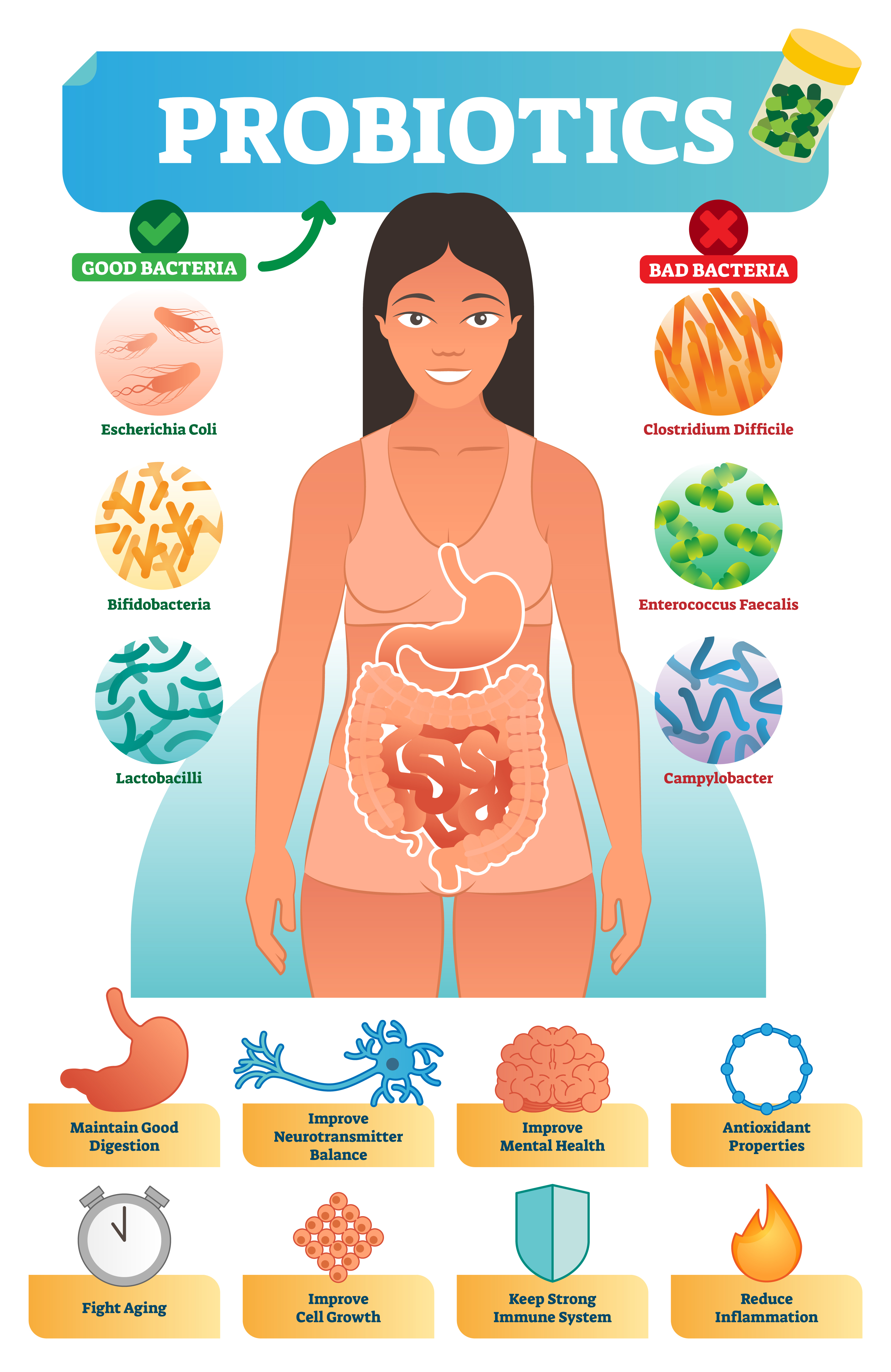
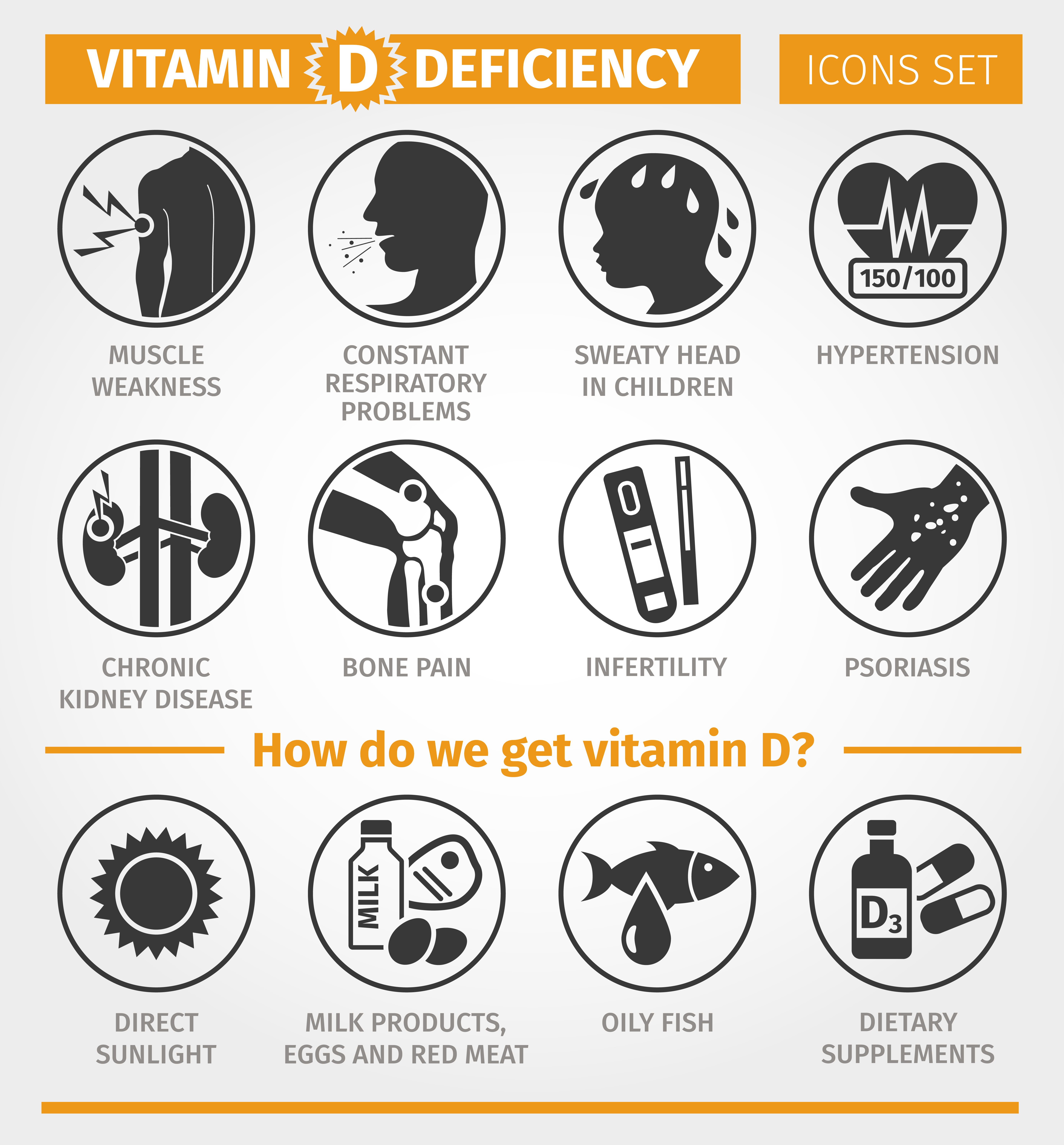
The information provided in this website is for knowledge purposes only. It does not constitute medical advice.
Should you encounter any medical problem that you are unsure of, always consult your doctor or health care provider for assistance and medical advice.
